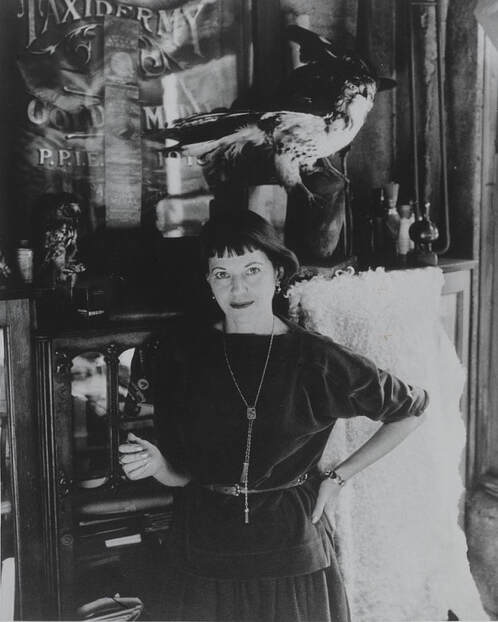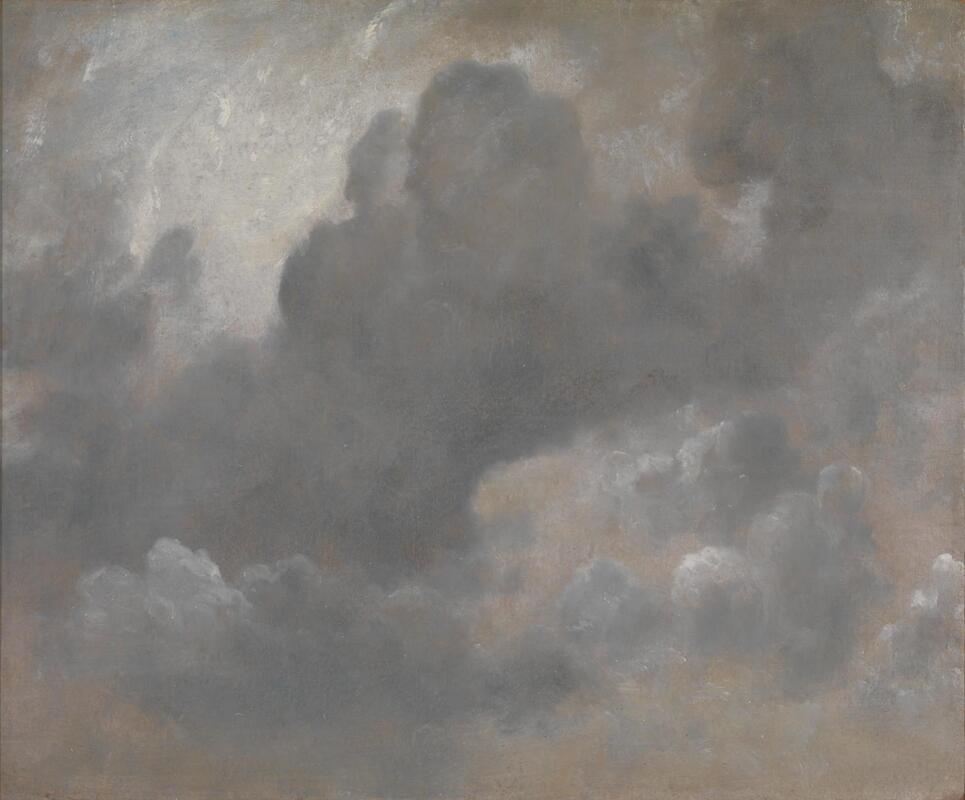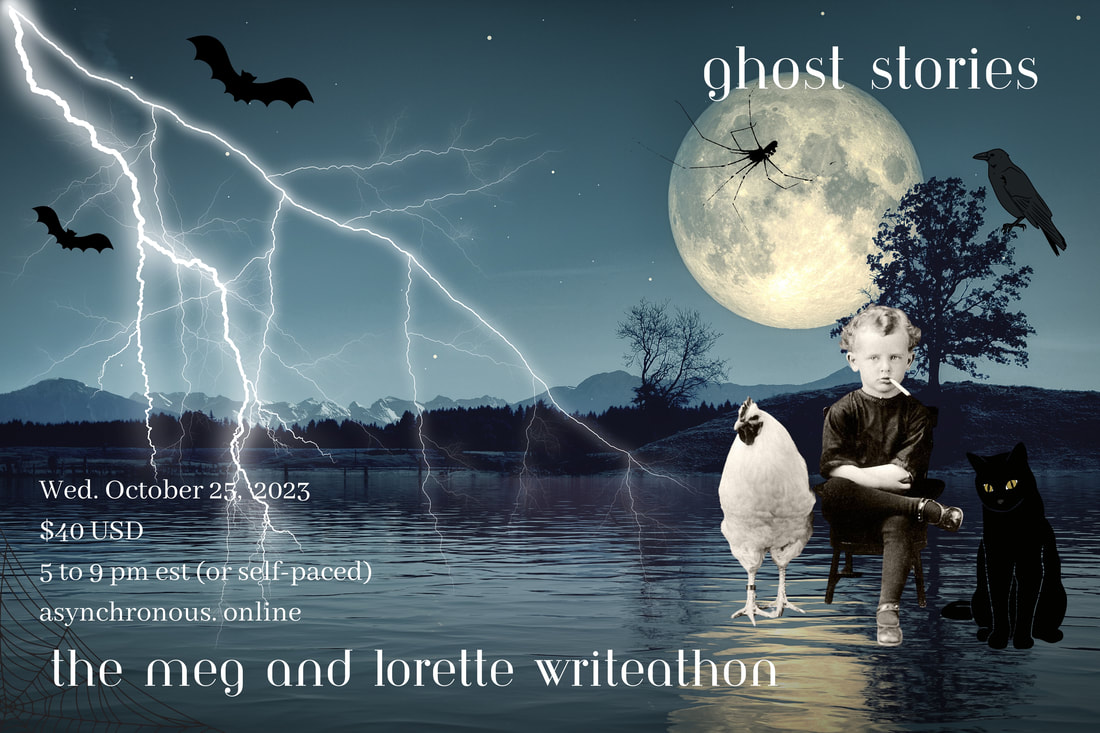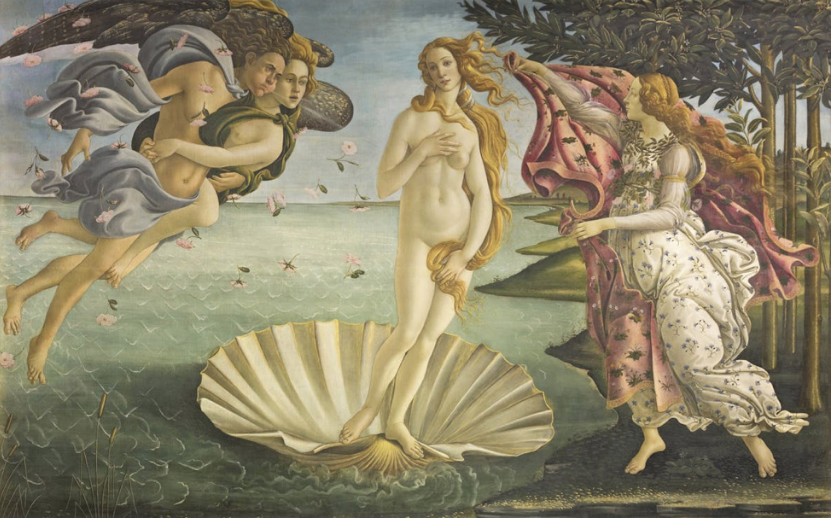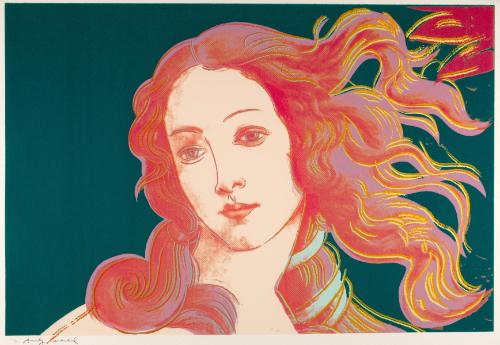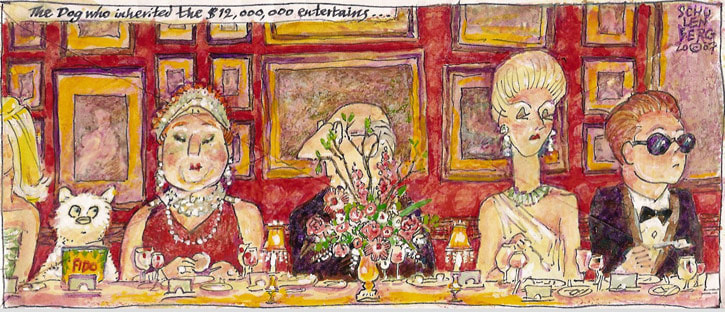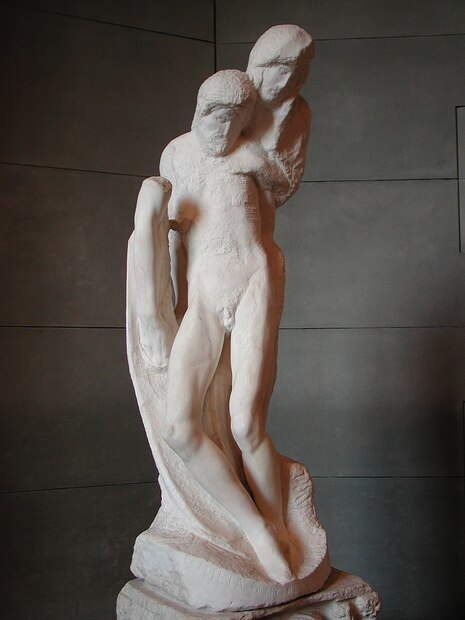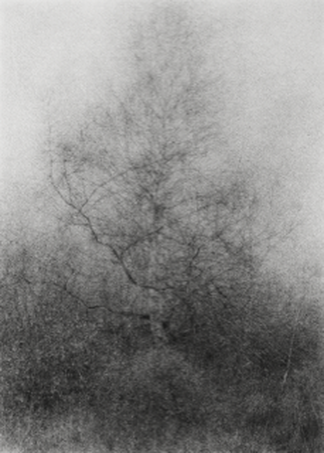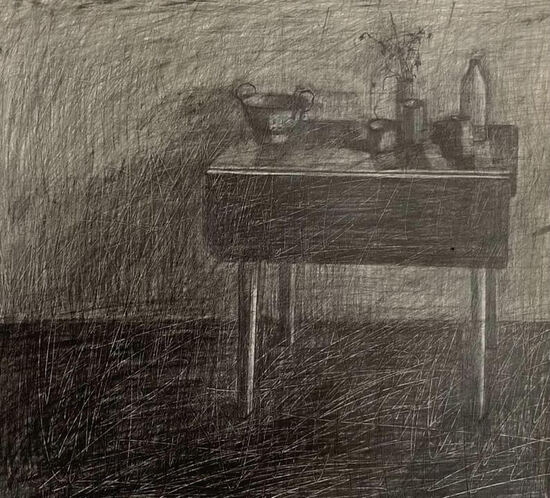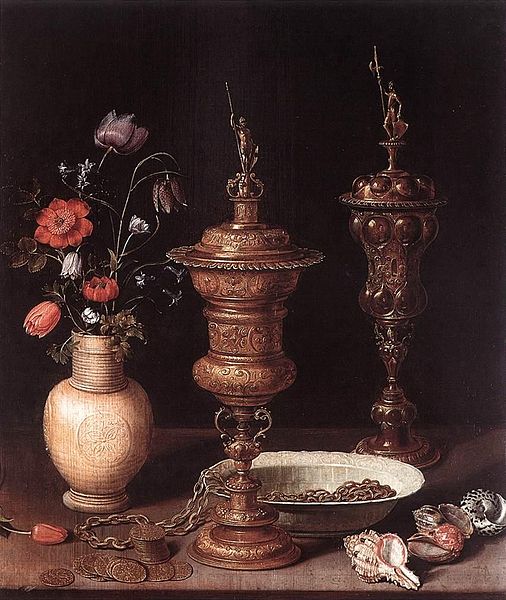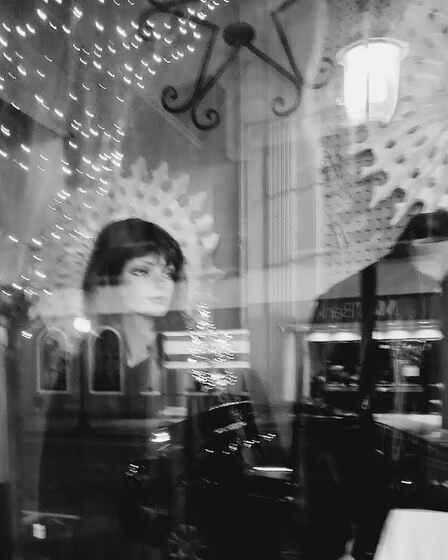|
A New World Order after Three Women and Three Owls, by Juanita Guccione (USA) 1948. Click here and scroll down to view. After the dance, six lovely women take to the shore, under an eclipsed moon they strip away their frothy ball gowns and one at a time become snowy owls, until there are but three left in the dance of transformation; the scene is set the vision of more losing their false faces, see the drying tercet of trout that lie on the sand, a trio of birds fly high in a cobalt sky, moon wearing a black mourning cloche. The women lead the rest to the edge of the lake a dark mirror of hope where the new order waits to open the moon and all will be on their way to inhabit a new world. Jackie Langetieg Jackie Langetieg has published poems in literary magazines: Verse Wisconsin, Ekphrastic Review, Bramble Blue Heron Review. She’s won awards, such as WWA’s Jade Ring contest, Bards Chair, and Wisconsin Academy Poem of the Year. She is a regular contributor to the Wisconsin Poets’ Calendar. She has written five books of poems, most recently, Letter to My Daughter and a memoir, Filling the Cracks with Gold.
0 Comments
Nimbus The thin mornings spent staring up from Heraklion Naming each cloud bank, and the divine favours they'd curry. What if Aristophanes had climbed instead? Gripped the stark white herd. Dragged them down and locked them in to the lanes of a muddy pasture Would they float among us? Serve us for their meals? Milking their rain into buckets While we laugh at the angy bolts they throw Oh my favourite, precursor to storms. The untouchable anger that takes our skies. And the blue restoration come on like a wave Gracious and white Michael August Raggi Michael August Raggi is a former professional art dealer, a fine art recovery specialist, and a technology expert that keeps the lights of his poetry habit on by preventing spies and hackers from stealing data from world governments in his position at Google. Despite being published in the Washington Post and New York Times on cyber security, published in Fox Business News about Antiquity Theft, and featured prominently in a Japanese documentary about the New York art world, this represents a first foray into publishing poetry. Michael is a previously unheard voice blending incising metaphor, frank imagery of loss and marginalization, with identifiable tropes of American ennui. GHOST STORIES: a Meg and Lorette writeathon Wednesday October 25, 2023 5 to 9 pm eastern time or self-paced asynchronous, in Facebook group online Click here to sign up. Welcome to Ghost Stories, the Halloween Edition of Meg and Lorette writeathons: our unique, athletic 4 hour real-time writing experiences to “eliminate the blank page,” a brand new monthly co-creation by authors and teachers, Meg Pokrass and Lorette C. Luzajic. The writeathons will feature a variety of unusual curated prompts and ideas designed to get your creativity in serious motion and build a library of drafts for you. This session, the prompts will be related in some way to the theme of ghosts, so that you can incorporate spooky happenings, legends, lore, and hauntings into your writing, in any way that works for you. The prompts will be varied and playful, including Meg's famous word and vintage photography prompts, Lorette's ekphrastic prompts, and an array of many more varieties of inspirations. Poetry, microfiction, flash fiction, and creative nonfiction all welcome! The writeathon involves you working independently but connecting with others in a private Facebook group, to share, support, chat, and have fun with each other. Writing is often a solitary affair, and this is about having fun together and building connections and conversations through creativity. For those who can’t join in real time, you will have a week to participate at your own convenience. However, we strongly recommend participating during the set hours for the full benefits of the experience. All you need to do is show up with writing pads, a playful spirit, and a desire to write. You will create 8 surprising new drafts in this writeathon. $40 USD (checkout will show as $53 Canadian dollars because this site originates in Canada.) Click here to sign up. The Blanchard Children (1937) www.wikiart.org/en/balthus/children-1937 They are still children, blanched in earth shades. Outsized, they shroud the table, floor. Dour walls enclose stiff forms. Little light, no shared glances. Thérèse, hard at work above the composition book--her face, the pages, blank. Body rigid, stretched canvas. Something doesn’t fit the boundary, escapes-- barely, a girl’s foot. Hubert’s eye closed--or is it wide open beneath the smudge? In the dark the eye unfastens, seeing and unseeing, both, dreams that coarse, crumpled sack behind the scene. ** Still Life (1937) https://www.wikiart.org/en/balthus/still-life-1937 One evening’s simple meal refracted into reds and blues and greens, strange geometries of what we think and what we think we see. Unremarkable potato, bread, and water on a desk meant for writing. Repast of an artist, circles, rectangles, triangulated hues assembled like schoolgirls, mannerly for the moment, the chair, the crockery, cloth draped the Dutch way--but poor, coarse canvas. Composed feints: dull skin prodded by a fork, a side of boiled potato vanishes behind the carafe--or here, the execution of glass decanter shattered at the neck. Be it disobedient materials or something more out of hand, the artist’s ire draws vessel to joiner’s hammer, makes a feast of tears. The cloth, the wall, the table limned in red-- thrust of knife-point into bread. And hammer, lying like an untoward comment made by one friend to another, a little funny, and a little mean. Is the subject overpainted? Anyway one wants to look, unobtrusive glass untouched, still pristine. ** Thérèse Sur une Banquette (1939) https://www.christies.com/lot/lot-balthus-therese-sur-une-banquette-6202444/?from=salesummary&intobjectid=6202444&lid=1 Thérèse on the bench seat tilts, one hand lifting, pulls from her black plaid skirt centimetre by centimetre, frees a single, slender thread. Shadow behind her--depth’s silent accomplice. Rapt in Peter Pan collar and white knee-highs, Thérèse on the bench seat illuminates the ochre-dark. In perfect captivity of the moment, one could almost forget war is coming, then marriage at nineteen, and illness, and.... But no! Her red sweater says, “Attendez!” The canvas hangs on her slipping- down socks, crumpled collar, slipping-up skirt, her every fiber, caught. Alarming to see that unrelenting tug at a fragile strand, a little criminal to want to pull. Only eleven years remain. Inside the frame, she lies beyond here, now, drawing the thread endlessly, endlessly bright wisp of thread tenuous, against the dark, unfinished-- ** La Victime (1938-1946) https://www.wikiart.org/en/balthus/the-victim My artist enters through the broken door. Hands tremble, touching brushes, rags. (But never me. No.) Still cigarette-long, thin, a voice like ash--when he bothers to speak. He sets the pitcher on the table, drops the cloth. The palette is prepared. We’ll be here for ages. But who would sit for this? Some unclothed woman propped up headless, gray, askew as if discarded? Or lost? Not me. I never sat for him like that. Those arms, those legs--something isn’t right. Body pitched, rough at the edges, bare sheet fraying…? My artist turns pale, grips his stomach, bends. See, he is not well. He carried men across the line at Maginot --well, what was left of men. Every night the dead returned, mute, gaping. Every night he screamed awake, a mess of tears and sweat, till one day he, too, stepped wrong: Click, he stopped-- slag blasted guts, another caught the brunt. Moaning on the field, “Oh, my angel--” Angel! He thought his vision was of me! “My little angel,” was what he’d said—me, who twisted Hubert’s arm until welted, red, his face like crumpled paper--“O! O!” --I never said that I was sorry. Oh, my brother, I was, I am. An angel, Hubert--he’ll stay beside me to the end. “The past remains within us, an affliction”; my artist says this now. An affliction. Is this what I’ve become? He sees himself in everything. My little artist, victim of a force that’s broken us to pieces-- Blow men and violins to bits, but leave the trees, the country in its silence, green and golden, velvet stillness of the hills. A life I never knew. And what of this body, blush abandoning its soft, sweet hull, breasts and thighs mottling under loamy browns and grays? My artist draws the knife upon the floor, extends the handle past the frame--me, you accuses? Her arms stretch up, unresisting. She does not touch me, no. What, that morbid tangle--? Nothing like my body! And yet that face--gray, like a sickness in his brush emerging, heavy-lidded, blotched as if with filth and rain.… Don’t turn away, please, don’t go, forget this stiffening body, face an afterthought: Don’t let this be my own-- (Thérèse Blanchard, 1925-1950) ** Thérèse (1938) https://www.wikiart.org/en/balthus/th%C3%A9r%C3%A8se-1938 She’s composed now, just manipulations of light and shadow, and colour, convincing the mind you can touch The girl in the adult chair, sunk in the room, her face a sallow window on a closed interior. Her gaze brushes past you, and me, Self forgotten as a dream. Electric illusion of slight hand resting lightly on the knee--ah, Glossy pink remnant of brush stroke at her cheek. But the canvas is really board-- Turning green and sour, acidic in disrepair. Still, life might be captured In a chair, viewed and viewer, rapt in time, its clicking, mindless chambers. Lenore Myers A graduate of the Warren Wilson MFA Program for Writers, Lenore Myers' award-winning poems and essays have appeared in LIT, Southern Indiana Review, One, The Southern Review, The Massachusetts Review, and elsewhere. My limited-edition chapbook, Regards to Balthus, is forthcoming this summer from Seven Kitchens Press. She teaches English to recent immigrants in Northern California. Lasting Glamour Botticelli had made her a star, she knew. Back when painters were figuring how they might keep in the safe line of Christian paintings, he came out of left field and painted her, a goddess of Greek and Roman myth. He gave her no over-stiff limbs, wooden postures, subtle church messaging. He put her on canvas like an ideal woman. He left no doubt she was female either, painting her nude. Top exposed to the world. Long, beautiful limbs uncovered. Hair streaming in the wind. She showed those end-of-the-age medievals how glorious the body can be. Andy admired her just like the first fans did. He meant only to touch up her image in light of the centuries. "Your picture has gained some prominence, let's admit," he told her. "I'd like it to show. You're owed it." She said she'd have no problem with the touch up. In fact, she thought it might be good insurance. Doesn't one need to be seen in a new light every so often to refresh one's celebrity? Andy surprised her with the re-make, a poster print. For one, he showed her only from the shoulder up. Gone was the body that had drawn popular wonder. He got rid of those others in the pic, Zephyr, Chloris, and the Hora, whose close attention had made her seem the right object for social interest. He also made the background solid evergreen. At first, she worried the changes might turn people off. I mean she was left suddenly alone in the picture. It seemed strange somehow. But she gave the print a more sober look and admitted that Andy's close-up had done some justice for the details of her face. The viewer could see easily now that coy lustre in her left eye and the intelligence and care in the right. Andy underscored those features, in fact, the way he'd put a loop of green in the one eye to set it off from the other. The poster print had turned her into a personal study, really. And didn't that play well to the modern taste for psychology? This didn't seem a bad thing to her. At the same time, Andy left no doubt that still she was vivacious and attractive in her way. He managed it through his maestro colouring. The lines of her brows, eyes, nose, he made red as her hair. The stress on red was too emphatic to miss. It conveyed energy. It created an image for adulation, akin to models in a magazine ad. What else for a goddess that fired passions? she thought and smiled. But then to have the green ribbon in her hair on top of all the red effect was brilliant. The green stood out like neon, advertising her as flashy and hip. Come look at the deity of love, it told the world, her rich hair streaked by lines of green and yellow, lifting in the wind. The image worked. She was set to rock another century of art lovers. Thank you, Andy, she thought, her heart warm with gratitude. Norbert Kovacs Norbert Kovacs lives and writes in Hartford, Connecticut. He loves visiting art museums, especially the Met in New York. He has published stories recently in Blink-Ink, The Ekphrastic Review, and MacQueen's Quinterly. His website: www.norbertkovacs.net. Closed Invite, RSVP Optional The hors d'oeuvres couldn’t arrive fast enough. We just sat down, and I already regret seating Bunny and Edward Kenworthy next to Liora and Arthur Dupont. So what if the dames are wearing matching diamond drop earrings tonight? One of the pairs is fake, and we all know which one. Where is the butler? I pay him too much. That canary yellow colour on Margo Rudnick’s hair is far better suited for wall paint in the second guest bedroom on the third floor. The Victoria bird’s nest ferns will really make it pop. I ought to repaint the walk-in snacks pantry, too. Edward, I know, Nancy Buonfantino is at it again with her ostentatious harangue about natural remedies -- aloe vera for removing warts? I don’t know, Edward, maybe it wouldn’t hurt if you used a dollop of it on your own scalp. I hope Chef Goggins didn’t dry out the steak like last time. I told him to use a different cut. I don’t want to hear Gigi Stribling complaining again. At least the 2015 Cliff Lede Songbook Cabernet killed it. Only Kenneth Perlmutter called it “major potential after a major decant,” but he can hit the rolling hills. And he can take Kathy Wambold along for the hike. How baseborn of her to say my pairing of Purcell’s “Dido and Aeneas” with Chef Lipscomb’s lemon posset was “the supreme drab and banausic finale of an otherwise tolerable evening.” Tonka Dobreva Author's note: Schulenberg created (this artwork) on the back of an envelope for a letter he sent to his friend, journalist David Patrick Columbia, 15 years ago. Columbia titled the drawing Schulenberg’s Dog Dinner and featured it in a recent post honouring the artist's 90th birthday. Tonka Dobreva is a writer and Christian life coach. Her work has previously appeared in Ekstasis Magazine, The Ekphrastic Review and is forthcoming in The Amethyst Review. Michelangelo Contemplates His Last Pietà Michelangelo carved three pietàs depicting Mary cradling the lifeless body of Jesus with utmost care and tenderness – divine motherly love. He worked on the last of these for some 14 years, the Rondanini, until his death at the age of 88. Florentine winter. Nights cold as the stone. Days so short and damp, my chilled fingers struggle to hold chisel and hammer. There is still work to do because one must always work. But different work, for oneself, not for commission, not, foremost, for public admiration, although there is always a public. I no longer work to draw out the fine features of visage, the taut lines of muscle, ligaments, bone, to make the stone flow and drape – it’s no longer necessary. This is necessary: to descend behind the apparent thing, find the deeper shape of this dwindling life before the promised life everlasting. Not yet a ghost. A pre-ghost. The Virgin’s beauty faded, her arms barely strong enough to support a fatigued slab, face indiscernible, limbs languid as wet reeds, nakedness shapeless as the air, except the winced and useless membrum, a reminder of youth deflated and utterly lost. She does not carry me so much as hold me up, as best I can be held in this decrepit state, to walk me toward my destiny, certain but incomplete. Jonathan Cohen A native of Buffalo, New York and a graduate of Kenyon College, Jonathan Cohen lives in Norwalk, Connecticut. Several of his poems have appeared or are pending in Stone Poetry Quarterly, I-70 Review, Great Lakes Review, Amethyst Review, and Cider Press Review. He studies with Jon Davis. Silver Birch Woman Stares at the Table in the Rain Only the rain is outside. Screeds of it, running the back windows, filling cracks in rotting sills. The table against the wall is where it’s always been, her husband’s spirit level wedged at the back, holding the drooping leaf. The woman pours memories of her oak into the tall vase, sees his face in the dust-shrouded flowers he once picked for his silver birch. She recalls the gather of jam-berries dried out in the everlasting drought; how they each held a handle of the colander, their branches working as one. When she lost the intertwine of her oak, the silver birch retreated to the bubble in his spirit level. She knows he is the rain. Sandra Noel Sandra Noel is a poet from Jersey, Channel Islands. She enjoys writing about the ordinary in unusual ways, nature themes and her passion for sea swimming weaving through many of her poems. Sandra has poems featured online and in print magazines and anthologies. This year she has been longlisted by Mslexia Women’s Poetry Competition 2023, highly commended in The Yaffle Press Competition 2023, and commended in Poetry on the Lake’s Haiku competition 2023. Two of her poems are currently on the buses in Guernsey as winners in the Guernsey International Poetry Competition 2022. Sandra is working on her first collection. Self-Portraits in a Goblet As if it were an adage, that almost anything can be brought to the table by careful hands, arranged for shape, form, hew, artfully composed like a baroque song and made something new. If seen with discernment, even the iridescence of fishscale ignites a dark room, whereas I can only imagine the Somme when I see the dead corpus cut open, the gruesome history of black and white photography. It was her courage of vision, then, to show the beauty of the dorsal fin, to let the soft belly shine, to arrange all the flowers in the same vase and claim them for her horn-of-plenty picture. Beside an artichoke in a colander, for example. Her genius was a flash of pink flesh and an abstract eye looking back, expecting more than it will receive, no longer a life so uncertain it requires an active attention and a constant sustenance, which is the burden we bear for ourselves and our children, for whom there can never be a single moment’s rest— a flash like that only speaks to one who listens. The young mother was always preparing something for later, distracting herself with a restless clatter, a tumble of utensils, a palm-slap of linen, a pot spilling over, and a quiet curse never not spoken with her inside voice, to no one in particular, when the darkness took her and the shade was drawn. Yet even during the dimmest hour she might stumble across a glimmer at the sideboard, an afterthought, an expression of the spirit suppressed for so long it was almost forgotten, and a color would pop. Irises, prawns, a brass candlestick, all were lit over the shoulder from a window onto Antwerp, through the cold, gray mists of that gateway city with its a hard-won comforts and stolen luxuries, cutting through the murk of northern pall, damp air, a thin ray of brazen light to touch the wild-haired face of the trade wind, a frenzied Aeolus stamped beneath the pewter lid of her ceramic decanter, bought and paid for don’t-ask-how, but here now, another foreign juxtaposition to prove the axiom that any future bounty will be pieced together in seemingly random combinations until we are all made whole, all made one again. Not yet the sum of my many parts, I am a man with his own mixing bowl, still whisking, still lost in the froth and batter, still an ill-formed emulsion of self and desire and the legacy of my father transposed to this place at the edge of nowhere. My character may not survive the altitude, the temperature, the sameness of the ingredients. I am becoming a creature of sprawling imprecision but I have not lost my edge entirely, not yet, and I can still tell when a true artist is showing off. Yes, and I applaud any person who insists on presence. Three cheers for any declaration of talent on the half -shell, on the crab leg, on the hard cheese, on a scatter of coins in the foreground. Such a casual spilling is never as offhand as it may seem, and no one should miss the symbolism, how the painterly soul sets the value, how the true master is the clever one who governs the metaphor, who tenders, who blends. The hidden one whose will contains multitudes, she is the invisible hand steering the ships of Flanders. And there she is now in the convex orbs of gilt, her face smudged like a child’s first scrawls, a likeness in simple shapes configured to claim possession, the owner and keeper surrounding plain sight, six times! like a winking ghost, a guiding spirit, the proud maker of loaves and fishes whose hour only comes when it is time to draw the wine. This is the finishing touch then, the culmination. In the language of the Bourse, it is the pay-off although I wonder how much profit she recovered. All of our striving, our effort, our commerce serves this moment, so be not afraid of the grand teleology of being, of admitting that I you we are the answer for everything since, sadly, we can only see so far, and every self-denial is someone else’s convenience, and surely it is better for us to experience the pleasures of consummation, if someone must. Of course a woman understands the danger better than a man, she who barters her dowry for duty, who surrenders her womb, who seldom reaches satisfaction. How brave for her, then, to insist on her name, to slash this lavish canvas, its promises kept at the expense of the entire known universe. Her name with its common, bland, dull specificity. How bold to gather these goods together, the breakfasts and banquets, the bouquets, but only for their separation, to make this one distinction, for once her own impulse—to sever all illusion with her bridal knife, its silver handle the frieze of a body just like hers, naked before God and country, and signed: Clara Peeters. John Tessitore John Tessitore writes poems and publishes chapbooks, and can’t seem to stop, but at the moment he is most excited about Be True, his podcast “about the writing I love, and the writing I do.” Home Town Girl Sovereign of homecoming, prom, Founder’s Day, Harvest Festival, her crown is perhaps less dazzling these days, though reflective still of the Ice Queen diadem some spurned tuba player gave her. Unapproachable, yes, she could be. She had a plan, and attachment to this burg wasn’t part of it. Women’s lib, she was all for it, if it meant liberation from here. But when the Feminists marched down Main, she was getting a new doo at Betsy’s Hair and Nail Emporium. A photo shoot at Verne’s would get her out. Verne knew big people in big places, his pics had been in the Gazette, PennySaver, once even National Enquirer. Flash bulbs flashed, shutters clicked, the phone rang late at night, breathing, just breathing. Men looked at her differently on the street. The preacher preached a sermon that did everything but mention her name. She shelled out $500 for the negatives and Verne caught the bus for L.A. Dior knock-offs in the epochs and eras that followed shed no hometown dust. Grunge, goth, and saggy were brief aberrations. A veil fluttered white, an organ played, an asteroid fell. And then, on a surprisingly clear and sudden day, she looked around like she imagined the dinosaurs did and found herself extinct. In this diorama, you can see her eyes enraptured with that dreamy look. Expectation kisses her so life-like lips. On the other side of the mirror, an elegant Rotary Club carriage awaits. I don’t presume to know if she is happy here, twinkling in the heaven of home town lore, but she has that glow, just as she did in those high-flying moments right before each regal wave. Robert L. Dean, Jr Robert L. Dean, Jr.’s poetry collections are Pulp (Finishing Line Press 2022); The Aerialist Will not be Performing: ekphrastic poems and short fictions to the art of Steven Schroeder (Turning Plow Press, 2020); and At the Lake with Heisenberg (Spartan Press, 2018). A multiple Pushcart and Best of the Net nominee, his work has appeared in many literary journals. Dean is a member of the Kansas Authors Club and The Writers Place. He has been a professional musician, and worked at The Dallas Morning News. He lives in Augusta, Kansas, midway between the Air Capital of the World and the Flint Hills. Jason Baldinger is a poet and photographer from Pittsburgh, PA. He’s penned fifteen books of poetry the newest of which include: A History of Backroads Misplaced: Selected Poems 2010-2020 (Kung Fu Treachery), and This Still Life (Kung Fu Treachery) with James Benger. His first book of photography, Lazarus, as well as two ekphrastic collaborations (with Rebecca Schumejda and Robert Dean) are forthcoming. His work has appeared across a wide variety of online sites and print journals. You can hear him from various books on Bandcamp and on lps by The Gotobeds and Theremonster. His etsy shop can be found under the tag la belle riviere. |
The Ekphrastic Review
COOKIES/PRIVACY
This site uses cookies to deliver your best navigation experience this time and next. Continuing here means you consent to cookies. Thank you. Join us on Facebook:
July 2024
|
